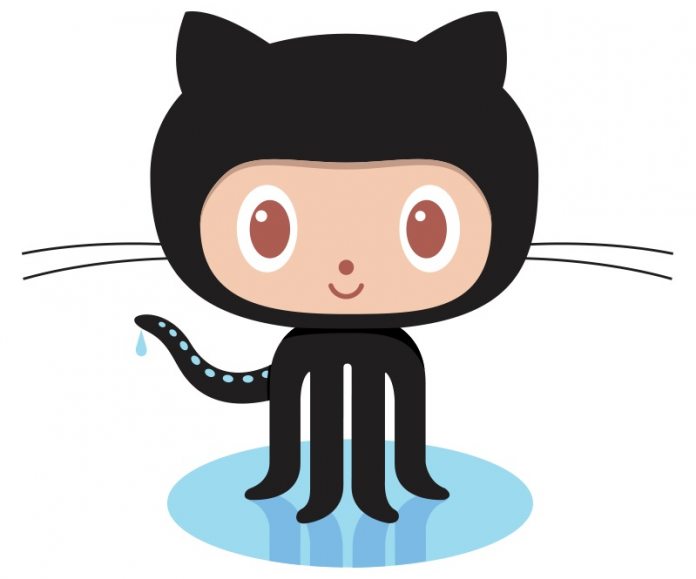Let’s start with Codespaces, which is a feature GitHub users must pay to use. It allows users to start coding on the platform quickly. This means now proprietary development environment is needed. The company has not yet announced how much Codespaces will cost. However, you can you sign-up for early access here. “Codespaces can be configured to load your code and dependencies, developer tools, extensions, and dotfiles. Switching between environments is simple—you can navigate away at any time, and when you switch back, your codespace is automatically reopened.” Users can tap into GitHub Codespaces through a browser-like variant of the Visual Studio Code editor. In this editor, users can work with terminal access, extensions, and other tools. Furthermore, dev’s can use the Codespaces feature directly from their IDE.
GitHub Discussion
Next up is GitHub Discussions. This new feature allows developers and users to discuss projects. It acts as a communication area where feature requests and problem-solving conversations can be held. “Discussions live in your project repository, so they’re accessible where your community is already working together. Their threaded format makes it easy to start, respond to, and organize unstructured conversations. Questions can be marked as answered, so over time a community’s knowledge base grows naturally.” GitHub is testing Discussions now across some open source communities. You can see the feature here.




